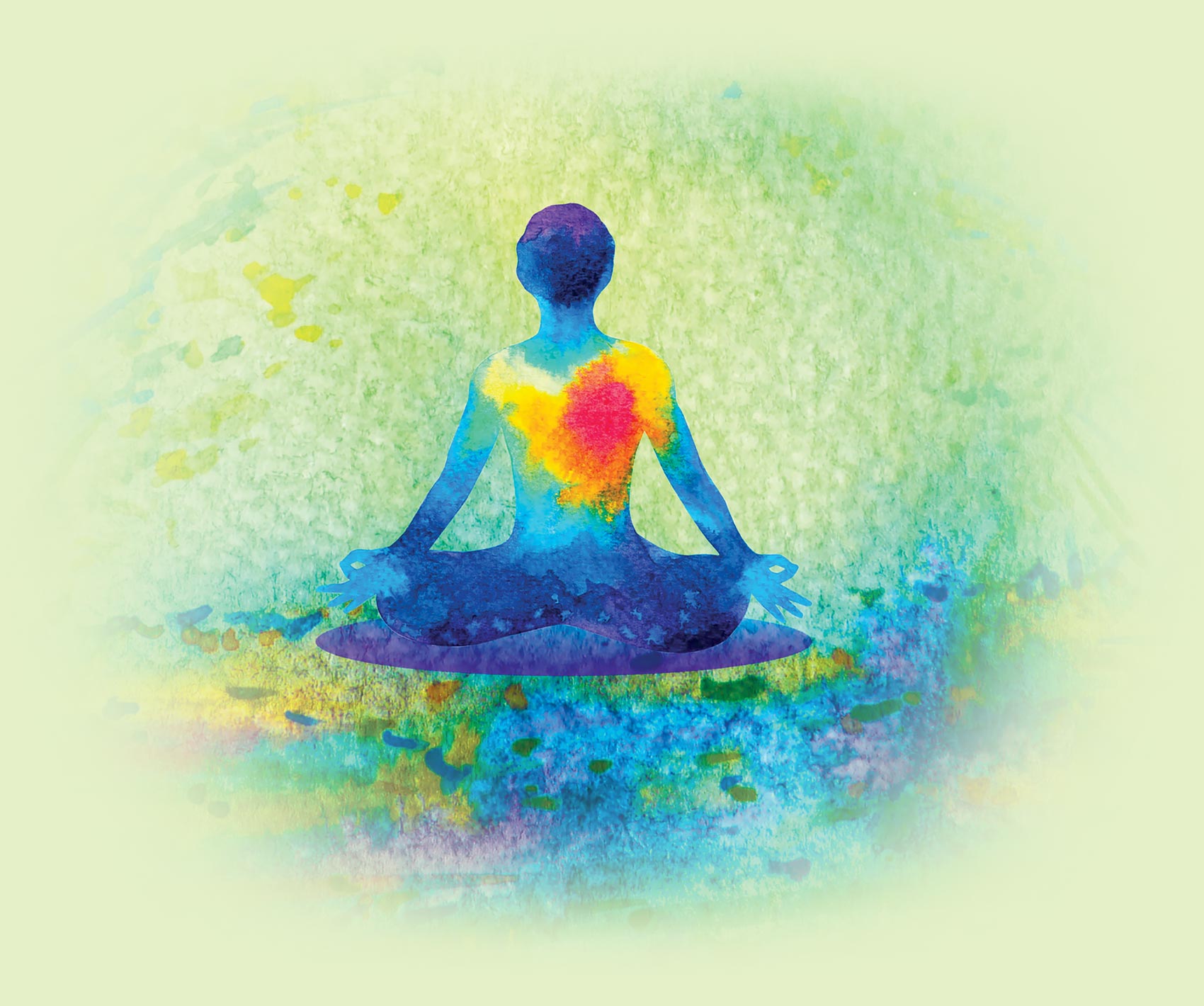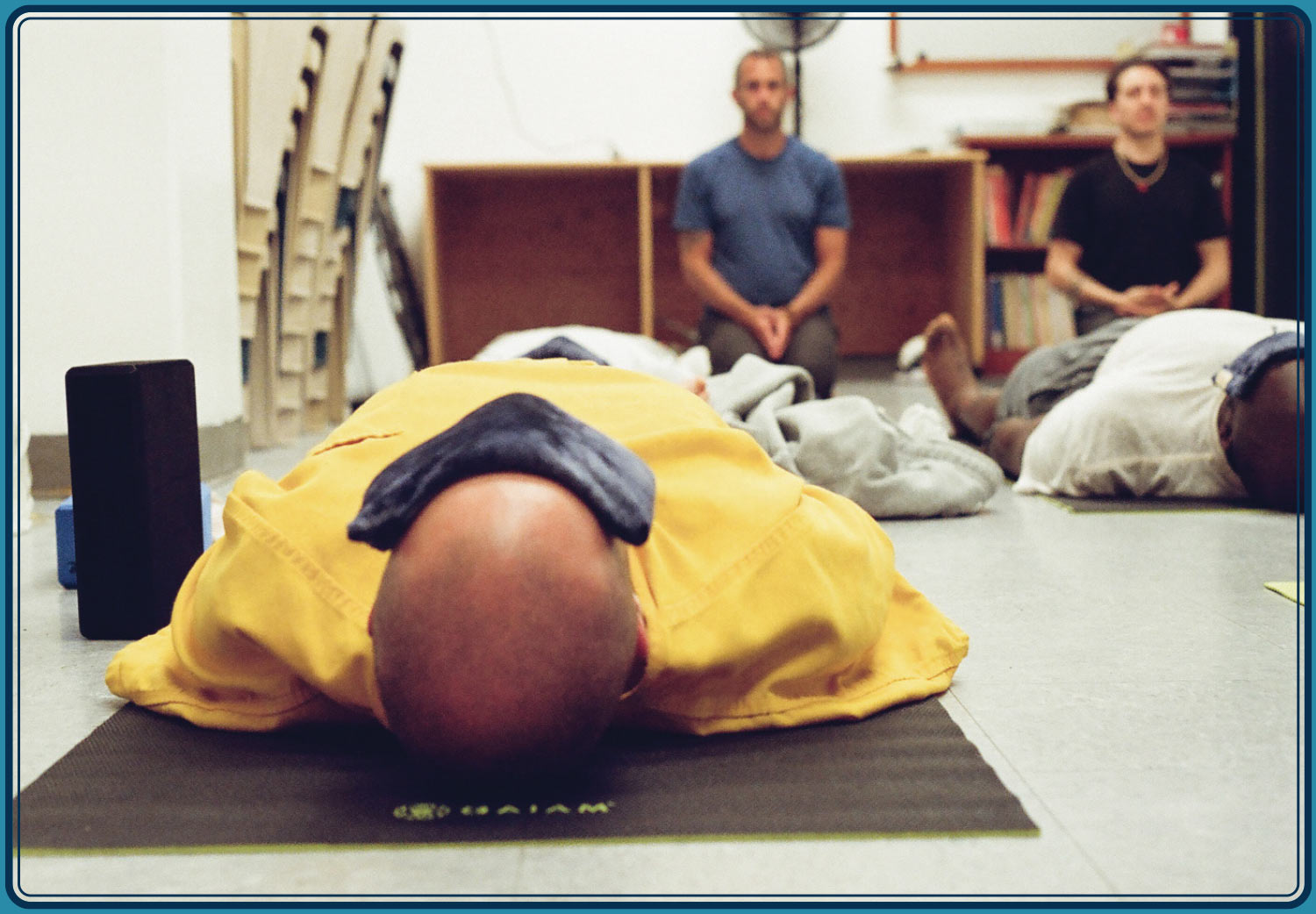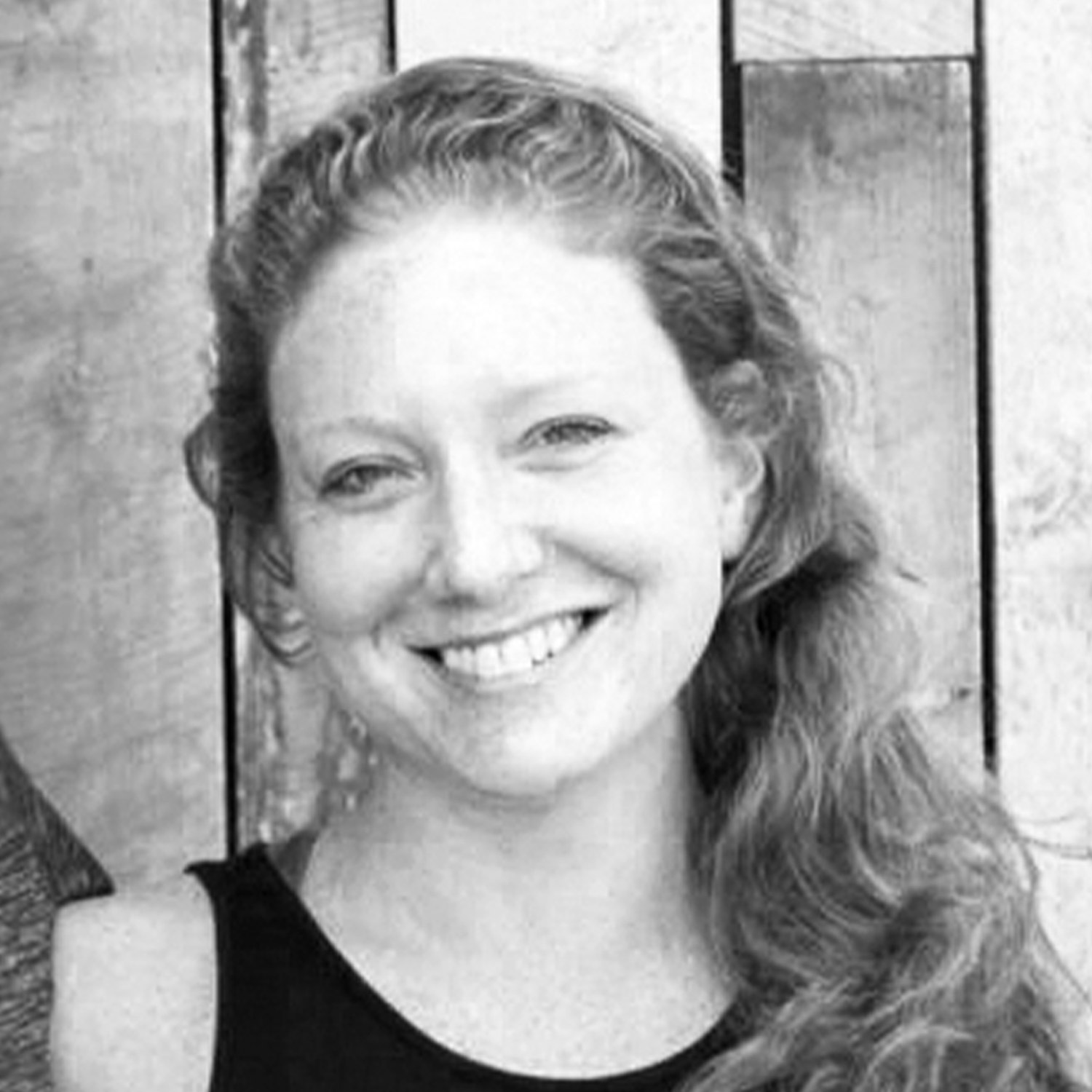Turiya Uncharted
Turiya (pronounced Tuh-Ree-Ahh) is defined in Hindu philosophy as “pure consciousness.” It’s sometimes interpreted as a background for the three states of consciousness: waking, dreaming, and dreamless deep sleep. It can also be defined as the fourth state of consciousness.
Uncharted: an area of land or sea not mapped or surveyed.
ne fateful day back in the fall of 2018, my husband David returned home from a busy day of teaching several back-to-back hot yoga classes at a popular studio in Anchorage and told me he wanted to start teaching yoga to men in prison. He confessed to me that while his classes were consistently filled to maximum capacity, he felt unfulfilled. Yoga wasn’t reaching a broad enough audience and was only being accessed by those with disposable income who could afford it.

Let’s backtrack six years to 2012, when my practice first began. I have a background in dance, and I’ve always been intrigued by movement and the freedom of expression that comes with it. In my mid-20s I found this in yoga: a way to cultivate breath, move my body creatively with intention, gain confidence and balance, all while finessing a mind-body connection. When we sync our bodies with breath and without judgment from the tyranny of the mind, we are present, rooted, and open to possibilities.
There’s no reason, besides unabashed greed, that this sacred practice of inward freedom needs to solely exist with an outrageous price tag attached. In the thick of my studio-based practice, I couldn’t see beyond the four walls of that hot room where so many bodies were packed in, day after day, hour after hour, like sardines. I couldn’t see that yoga has virtually nothing to do with asana (poses), being skinny or flexible, and everything to do with what sort of human being I am out in the world: How I react—or don’t react—to real life situations that are often times beyond my control. How I treat others—loved ones as well as complete strangers. And, most importantly, how I treat and care for myself. This is the practice of yoga and what I felt moved to share with others.
Not exactly what you saw on Instagram or what a studio tried to sell you with a three-month-minimum contract though, right?
Back to this fateful fall day in 2018. We were sitting in our living room plotting the reimagination of yoga in our community. “A tiny glimpse into places not many venture” was the tagline I quickly created and then later used to headline our blog. As folks inquired and I explained our plans, I was met with intense, heavy criticism, as many leaders are when they choose to embark on a road less traveled. The questions came in waves every step of the way: “Aren’t you scared?” “Why waste your energy on criminals?” And, the question I despised most: “Where’s the money in that?”
I began my 200-hour yoga teacher training inside a maximum security prison with eight incarcerated men and finished it on the outside via Zoom nearly two years later with twenty non-incarcerated students.
Flash forward a few months to January 2019. We have a connection in the mental health department of the Anchorage Jail who is able to get us in touch with the superintendent. He’s open to the idea of bringing yoga inside but is adamant that a female not instruct in the men’s unit. So David teaches Turiya’s first prison yoga class—solo—on a Sunday morning in the Chapel in gen pop (general population). He has twelve students.
And just like that, the real work begins.

Turiya of Alaska is a social justice-minded LLC bringing the practice of yoga into correctional facilities, mental health institutions, and rehabilitation centers. Backed by the accrediting entity Yoga Unify, their training offers a unique service-based, 200-hour program that allows students to dive deeper into their personal practice in an accessible and non-competitive way, preparing them to teach trauma sensitive yoga in non-studio settings if they choose. You can find out more information on Turiya of Alaska on their Instagram or Facebook page.
After the tour and finally meeting the kind, compassionate, and progressive superintendent at the time, Bill Lapinskas, we meet with two men who were already leading weekly classes using yoga flashcards and wanted to study with a teacher. They wanted to train to become yoga teachers themselves in order to create a self-sustaining community inside Spring Creek. We couldn’t wait to get started.
I began my 200-hour yoga teacher training inside a maximum-security prison with eight incarcerated men and finished it on the outside via Zoom nearly two years later with twenty non-incarcerated students. COVID-19 was the force of nature that changed the course of our programming, but I wouldn’t necessarily say it was for better or worse. It simply was, and we adapted as strong leaders do, and as we all had to do. The experience was definitely a hit—to our momentum, our spirit, and our vision.
With the pandemic still impacting gatherings, Turiya moved what it could to Zoom, but not all agencies were prepared for such a transition. With several programs long gone by the time things started to reopen, and mostly by word-of-mouth referrals and that continued sense of grounded openness, Turiya began taking on a wider, broader audience than our initial thinking of just Department of Corrections (which was volunteer-based), locked facilities like North Star Hospital, McLaughlin Youth Center, and other restricted access areas like the military base. We were shifting into a new sort of terrain: the corporate world. Turiya had landed contracts with organizations such as Cook Inlet Tribal Corporation, Covenant House Alaska, and GEO Group, as well as companies like GCI, Alyeska Pipeline, and Boys & Girls Club for services specifically designed for their staff members. It seemed as though the need for a different perspective on wellness in the Alaska workplace was gaining momentum. Our community was finally open and ready for a change, and so were we.
When you search the term “yoga” online or on a social media platform like Instagram, you see an overwhelming slew of images of thin, well-groomed, ultra-flexible white women doing obscure things with their limbs against a tropical backdrop. This makes my heart hurt and my eyes burn; this discouraging, contrived and intimidating image of what yoga should look like.
I hear these things all the time: “I can’t do yoga!” “I’m not flexible/skinny/coordinated enough.” Or the one that really digs deep: “I can’t afford that!”
Add a little flexibility into the leadership mix and it’s absolutely wild what you can achieve.
From a leadership perspective, yoga can be a great teacher in the sense that it shows us that we—all of our different bodies—are in different places. A true teacher has the ability to meet us where we’re at—and this can differ from day to day, hour to hour, even minute to minute—rather than force us to fit our bodies into a shape that may just not work for our anatomy or needs. This radical acceptance—meeting our body where it’s at without judgment—is critical. As one of our first yoga students inside Spring Creek so wisely said in class one Sunday: “Yoga is the ultimate conversation with oneself.” This lesson can be applied to all forms of leadership: meeting our teams where they are at and understanding that different circumstances often require different approaches and an openness to explore.
The first time I was allowed to bring my 35mm film camera into max to capture a yoga class, I felt borderline unworthy. I’ve only seen images from a handful of lucky folks that have been allowed to photograph practitioners inside, and though I was painstakingly careful not to capture any faces or identifying features as some have permission to do, it still felt like a huge win for me to be able to show that—YES!—this too is yoga. These men in their prescribed outfits moving and breathing together was just as profound, if not more so, than a privileged yogini finding her way to a private beach in Costa Rica, using the timer on her iPhone to capture the most perfect version of tree pose. It was raw, unassuming, and, most importantly, free of expectation.
In the fall of 2022, we are finally back inside Anchorage Jail leading class every other Saturday in the mental health unit. Turiya continues to teach weekly yoga inside facilities like North Star Hospital, McLaughlin Youth Center, Cordova Center, Chanlyut House, and Chris Kyle Patriots Hospital. We have also recently, and proudly, teamed up with Prison Yoga Project, an inspiring organization that was one of the first to forge an international effort to bring yoga inside prisons and other locked facilities. Turiya of Alaska exists today only because of persistence and perseverance. We didn’t give up when doubted or criticized, just as we didn’t quit when COVID-19 brought most of our programming to a grinding halt. Add a little flexibility into the leadership mix and it’s absolutely wild what you can achieve.
So here we are standing in grounded openness. Breathing, listening to the needs of our community, and trying not to jump ahead to where this journey will take us next.
